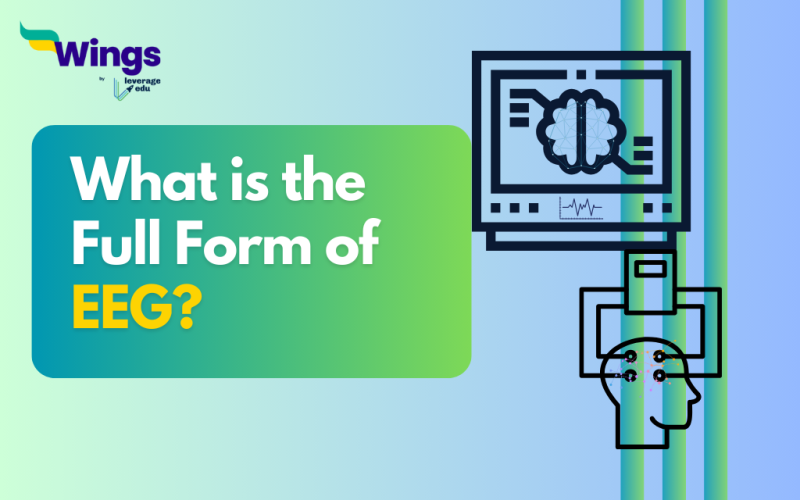The full form of EEG is an Electroencephalogram. When we break the Greek-originated word down, “electro” refers to electricity, “encephalo” relates to the brain, and “gram” signifies a record or a picture. An EEG is a graphical representation of the electrical activity generated by the brain over time. Furthermore, this test involves placing electrodes on the scalp to detect and record the electrical impulses produced by the brain’s neurons.
What is the Purpose of the EEG Test?
Table of Contents [show]
In addition, the purpose of the EEG Test is as follows:
- Monitoring and Analyzing Brain Activity: It serves as a critical tool for monitoring and analyzing the electrical activity of the brain.
- Diagnosis and Management of Neurological Disorders: Moreover, one of its primary applications is in the diagnosis and management of common conditions including epilepsy, seizures, and sleep disorders.
- Assessment during Surgery: Additionally, EEG is employed to assess brain function during surgical procedures, especially those that may impact the brain’s activity. This real-time monitoring aids surgeons in ensuring the well-being of the brain during operations.
- Differentiating Between Organic Brain Diseases and Psychiatric Disorders: The differentiation improves the precision of diagnoses and facilitates the development of tailored treatment plans.
- Holistic Diagnostic Approach: EEG provides a holistic view of brain function, further enabling healthcare professionals to gain insights into cognitive processes. Moreover, the EEG enhances our understanding of neurological conditions by capturing the brain’s electrical symphony.
- Research and Treatment Advancements: In addition, the versatility of an EEG contributes to advancements in both research and treatment methodologies. Its application extends beyond clinical settings and plays a crucial role in expanding our knowledge of brain-related conditions.
Also Read: BSc in Neurophysiology Technology
What can an EEG Detect?
There are numerous detections of an EEG, such as:
- Abnormal Brain Activity Detection
- Epileptic Seizure Identification
- Locating Origin of Abnormal Brain Waves
- Medication Impact Evaluation
- Studying Sleep Disorders
- Understanding Cognitive Processes
- Clinical Indispensability
- Research Advancements
Also Read: 1 Year Diploma Courses after 12th in Science
Popular Full Forms
We hope this blog has helped you understand the full form of EEG and everything related to it. If you want to know more, find the 300+ full forms list on our blog. In the world of short forms, you can rely on the Leverage edu page to know about more full forms like this! Connect with us study abroad experts to achieve your international dream today!
 One app for all your study abroad needs
One app for all your study abroad needs















 45,000+ students trusted us with their dreams. Take the first step today!
45,000+ students trusted us with their dreams. Take the first step today!
